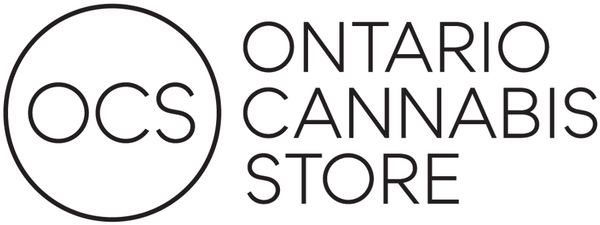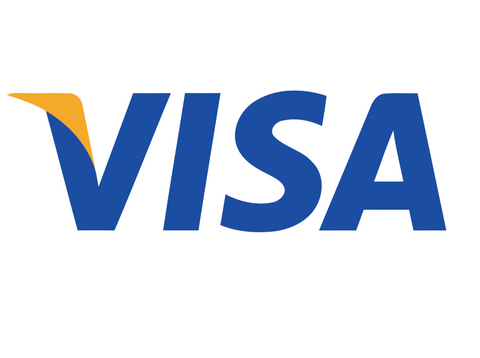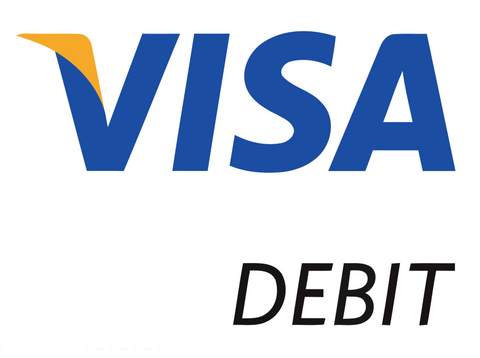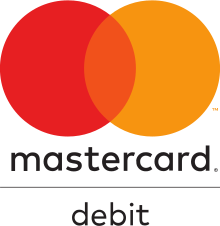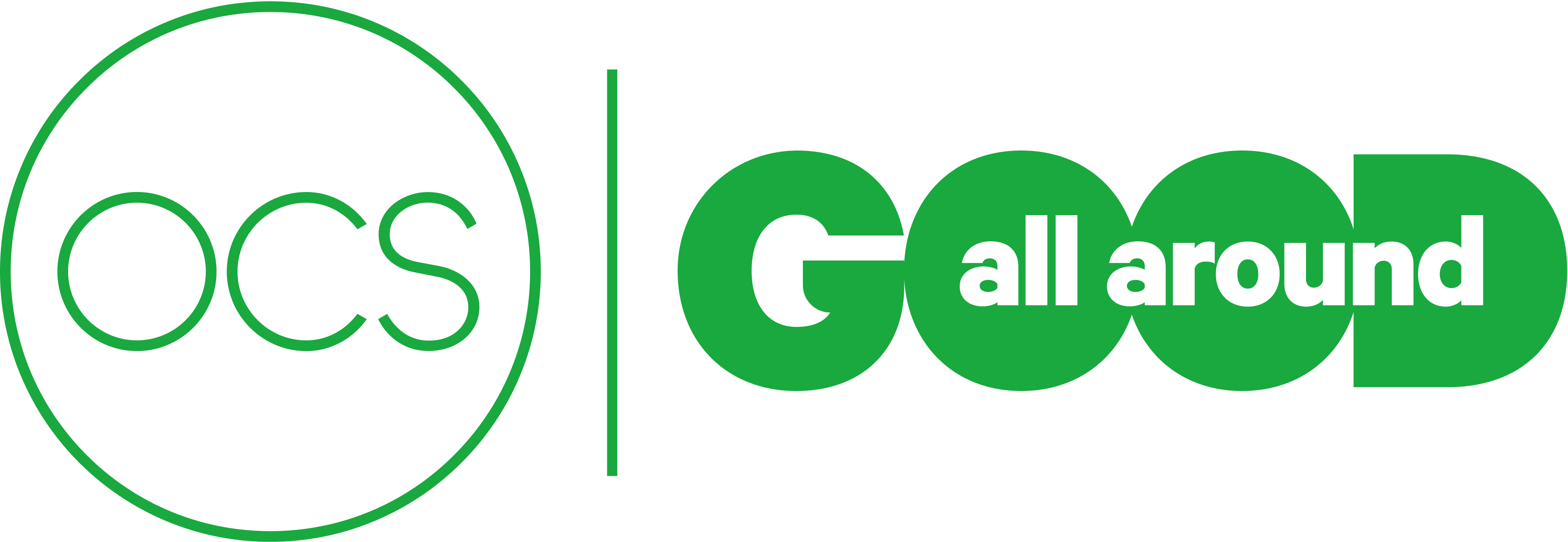Shopping For Legal Cannabis
Putting Cannabis 2.0 Products to the Test
Some people hate surprises — and our quality assurance department is full of those people. Together with Health Canada and Licensed Producers, they work hard to ensure all the products we sell, including new ones such as edibles and vapes, are consistent, reliable and free of harmful ingredients.

Before a product is stocked on our digital shelves or delivered to one of our authorized retail stores, it has to pass through multiple checkpoints. The soil the cannabis was grown in may be tested, a lab ensures the cannabis is free from unapproved pesticides, and the packaging must be checked to make sure it accurately reflects what’s inside — plus a whole lot more.
When you purchase legal cannabis, you’re getting tested, high-quality cannabis products. Here are the top five things you should know.
1. The Amount of THC and CBD on the Label Is Accurate
Every cannabis product the OCS receives must come with a certificate of analysis (COA), which is a report by a third-party lab that tests the product to determine the amount of THC and CBD it contains, and many other data points. The Licensed Producer uses that information to create the packaging, which is double-checked by our quality assurance department to ensure that what you see on the label is what you get in the product inside.
Let’s talk about edibles for a moment.
You should be extra careful when consuming legal edibles, even if it is not your first time. There is a misconception that edibles on the illegal market are much more potent than those available legally, as reports have shown packaging on the illegal market claiming as much as 500 mg of THC. Even though current regulations on the legal market allow for no more than 10 mg of THC per package, the bottom line when trying legal edibles is always start low and go slow, as 10 mg of THC may produce more intense effects than expected.
2. The THC and CBD Are Evenly Distributed
You wouldn’t want a pizza with all the pepperoni on one slice, just like you wouldn’t want a chocolate bar with all the THC in one piece. When it comes to production and packaging, the regulations under the Cannabis Act ensure that consistency is upheld for products such as edibles. That means each edible is produced to ensure every piece within the package, whether it’s a piece of chocolate or a soft chew, has the same consistency of THC or CBD as all the other pieces. So in a two-piece 10 mg bar, you won’t end up with 1 mg in one piece and 9 mg in another — instead, you will get 5 mg in each piece.
3. There Are Strict Rules About What Can Be Included in Vape Cartridges
Health Canada has set out strict rules for the production of vapes and vape cartridges, which Licensed Producers must follow. These items cannot contain vitamins (including vitamin E acetate), minerals, nicotine, caffeine, sugars, sweeteners and more, however certain exceptions are prescribed under the Cannabis Regulations.
There are also stringent manufacturing controls to regulate the quality of the products. All Licensed Producers must meet Good Production Practices for cannabis, including rules about sanitation, employee hygiene, harvesting, packaging and labelling. You can rest assured knowing that Health Canada not only makes unannounced visits to these facilities to ensure compliancy but also collects cannabis samples to ensure compliant growing practices too, which it reports on a quarterly basis. You can read all about it here.
4. Cannabis Products are Tested for Harmful Contaminants
All finished cannabis products the OCS sells undergo strict and rigorous testing for harmful substances by federally licensed third-party laboratories. Legal cannabis is tested for 97 unapproved pesticides and harmful contaminants, such as E. coli, salmonella, staphylococcus, yeast, arsenic, lead and mercury. If you’re curious, you can see the full list here.
5. Edibles Must Follow Strict Food Safety Rules
In the requirements for Cannabis 2.0 products, the Cannabis Regulations refer to many of the existing rules for food safety, vaping and cosmetics. By law, no edible cannabis product can have any poisonous or harmful substances, nor can it contain anything other than food and food additives, unless prescribed under the Cannabis Regulations.
If this article has piqued your interest in Cannabis 2.0 products, we’ve got a whole lot more for you to explore.
Learn the ins and outs of 2.0:
Edibles 101, Extracts 101, Topicals 101 and Vapes 101
Explore what’s inside:
Potency of Cannabis 2.0 Products
Discover more on testing:
Four Reasons Legal Cannabis Costs More and The Value of Legal CBD

